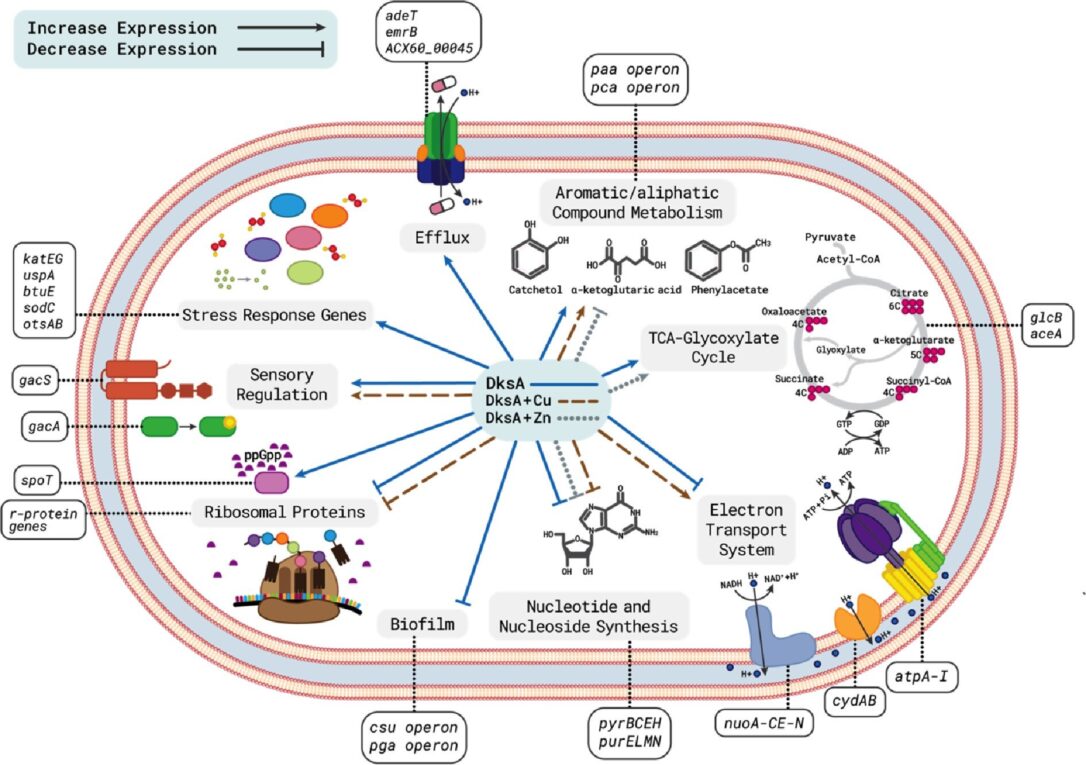A recent study published in the journal Communications Medicine has found that current terminology used to communicate the threat of antibiotic resistance is ineffective in capturing public attention and raising awareness. The study assessed the memorability, risk association, and linguistic attributes of various terms related to antimicrobial resistance (AMR) in public health communication.
AMR is a growing crisis in healthcare, with nearly five million deaths attributed to it in 2019, surpassing the fatalities from COVID-19 in 2020. AMR occurs when microorganisms like bacteria and viruses evolve to resist treatment from antibiotics.
The overuse of antibiotics, driven by factors such as risk aversion in healthcare and growth motives in agriculture, exacerbates the problem of AMR. Despite its severity, public awareness of AMR remains low, with media coverage often overshadowing the issue with more relatable health threats or events, like the COVID-19 pandemic.
The study found that terms like “antimicrobial resistance” were perceived as abstract and difficult to comprehend. In media, the terms “antibiotic resistance” and “superbugs” were more commonly used, while “AMR” was least used. The researchers suggest consistently using terms like “drug-resistant infections” for clarity.
The study, conducted by the University of Leicester School of Psychology and Vision Sciences Ethics Committee, involved two separate studies. The first study, conducted in May 2020, included 305 participants from the United States, sourced from Amazon Mechanical Turk. To ensure data quality, a second survey was conducted in November 2021, involving 998 participants from the United Kingdom, sourced from the Prolific platform, known for its superior data quality.
Both studies examined the effectiveness of 40 health terms, including six terms related to AMR, in terms of memorability and risk association. Factors such as linguistic measures, familiarity, processing fluency, pronounceability, as well as demographic details and medical history, were considered. Cognitive abilities were assessed using the Wechsler Adult Intelligence Scale.
The results showed that the AMR-related terms consistently ranked low in both risk perception and memorability. Terms like “cancer,” “Ebola,” and “heart disease” were associated with higher risk, while terms like “AMR,” “antimicrobial resistance,” and “drug-resistant infections” were rated low in risk perception. Terms like “diarrhea,” “HIV,” and “AIDS” were most remembered, while AMR-related terms were poorly recalled.
The researchers also investigated factors influencing the effectiveness of AMR-related terms. The term “antibiotic resistance” showed that linguistic dimensions significantly impacted risk association scores, while “drug-resistant infections” was influenced by demographic variables, memory scores, and linguistic dimensions. The likelihood of remembering the term “drug-resistant infections” was higher for men, while familiarity and vocabulary were important in recalling “antibiotic resistance.”
Overall, the study highlights the need for more effective communication strategies to raise awareness and understanding of AMR. The current terminology fails to capture public attention and fails to communicate the seriousness of the issue. Finding clearer and more relatable terms is crucial in addressing this healthcare crisis.
*Note:
- Source: Coherent Market Insights, Public sources, Desk research
- We have leveraged AI tools to mine information and compile it

